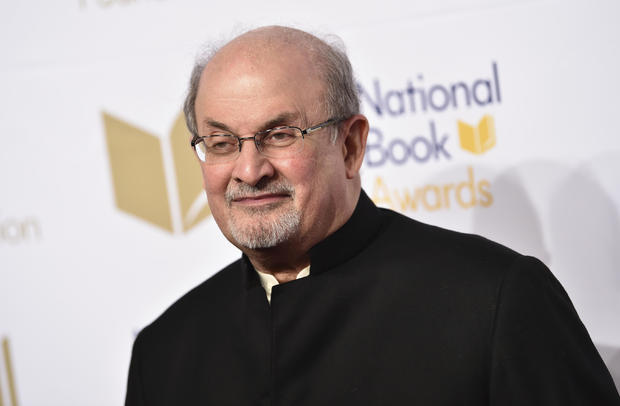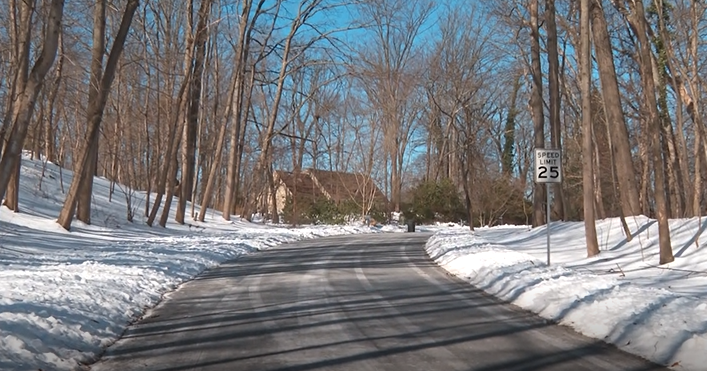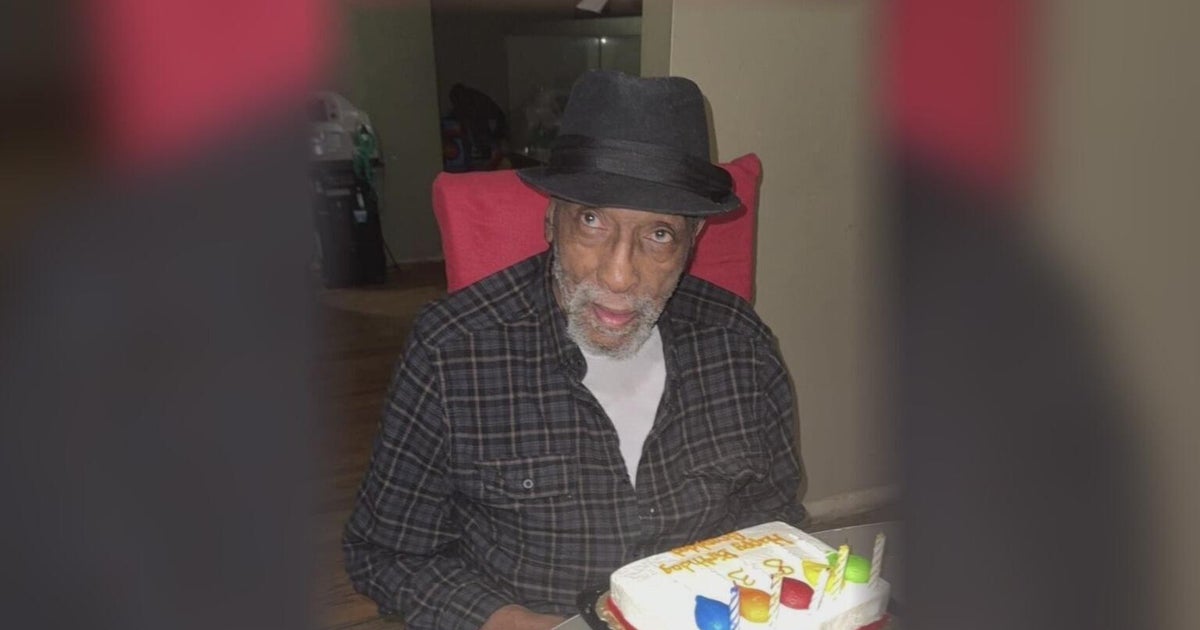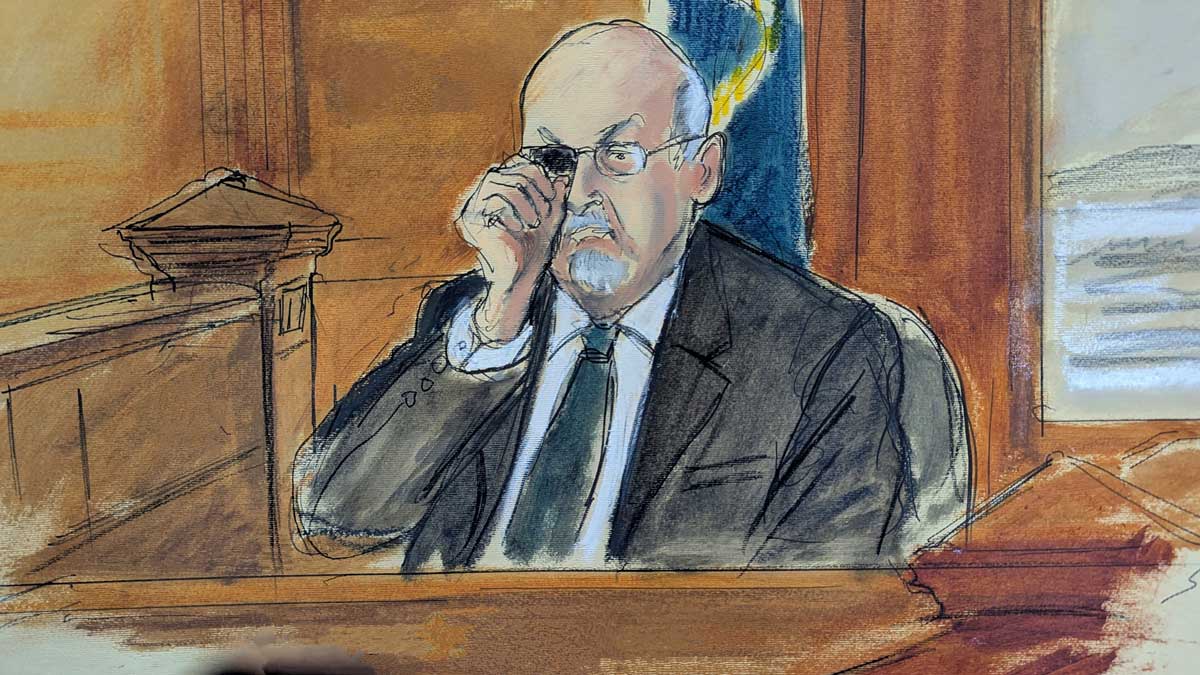Salman Rushdie says he still has nightmares, writer's block after attack: "There is such a thing as PTSD"
Salman Rushdie, the prolific author whose acclaimed magical realist novel "The Satanic Verses" prompted calls for his assassination after it was published in the 1980s, has given his first interview after a brutal stabbing last summer that left him with severe injuries, including blindness in one eye.
Ahead of the release of his next book, "Victory City," on Tuesday, Rushdie, 75, reflected on dodging numerous threats over the course of his career and spoke about his recovery in a lengthy interview with the New Yorker published on Monday. It was Rushdie's first interview since he was stabbed 15 times during a lecture in Chautauqua, New York, in August.
"There have been nightmares—not exactly the incident, but just frightening," Rushdie shared. "Those seem to be diminishing. I'm fine. I'm able to get up and walk around. When I say I'm fine, I mean, there's bits of my body that need constant checkups. It was a colossal attack."
Rushdie's suspected attacker has been identified by law enforcement as Hadi Matar, 24, of New Jersey. Matar is accused of rushing the stage during Rushdie's speaking engagement in Chautauqua and stabbing him repeatedly, while also injuring the event's moderator, Henry Reese. Matar was charged with attempted murder in the second degree and assault in the second degree, and is being held at the Chautauqua County Jail.
Rushdie was hospitalized for six weeks while receiving treatment for wounds that his literary agent, Andrew Wylie, described as severe in remarks to the Spanish language newspaper El País soon after the stabbing. At the time, Wylie had said that Rushdie suffered serious injuries to his face and neck, as well as his liver and critical nerves in one arm.
Rushdie said in his New Yorker interview that, six months after the attack, his "main overwhelming feeling is gratitude," while noting that the road to recovery both physically and psychologically is ongoing.
"I have feeling in my thumb and index finger and in the bottom half of the palm. I'm doing a lot of hand therapy, and I'm told that I'm doing very well," he told the magazine. Rushdie also said that, despite never allowing himself "to use the phrase 'writer's block,'" he has struggled to write since the stabbing.
"There is such a thing as P.T.S.D., you know," he said. "I've found it very, very difficult to write. I sit down to write, and nothing happens. I write, but it's a combination of blankness and junk, stuff that I write and that I delete the next day. I'm not out of that forest yet, really."
The physical acts of typing, and writing, to a lesser extent, are also challenging in and of themselves, Rushdie added, "because of the lack of feeling in the fingertips of these fingers." In a photograph published of him alongside the New Yorker article, as well as a personal selfie that Rushdie posted on Twitter in time with the story, the left frame of his eyeglasses is shaded in.
The attack on Rushdie in Chautauqua came after many years of daunting threats. He spent a considerable amount of time in hiding after Ayatollah Ruhollah Khomeini, the former supreme leader of Iran, issued a fatwa, or ruling, in 1989 that called for his death and the death of his publishers in response to "The Satanic Verses," which some considered blasphemous.
He has lived and traveled publicly for the last couple of decades, and in 2000 moved to New York City. Recalling the period prior to that, Rushdie told the New Yorker that he "had come to feel that it was a very long time ago, and that the world moves on."
Rushdie's experiences with nightmares date back to a time before the near-deadly stabbing. He described them as occasional, according to the New Yorker, but said that several nights before the event in Chautauqua, he had dreamt about being attacked "with a sharp object" by someone "like a gladiator."




